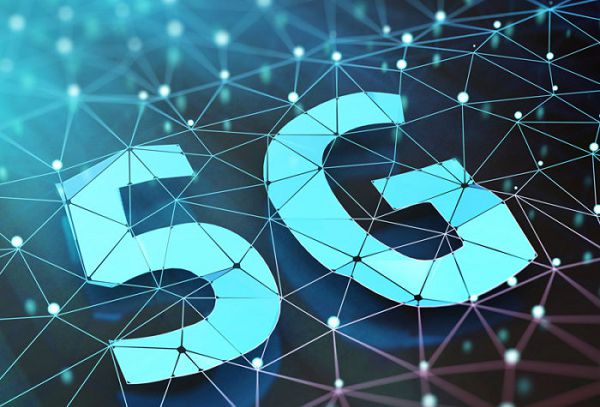
What does 5G mean for you?
A couple of years ago, it was nearly impossible to watch a full-length video on your mobile phone or device.
It is now possible to do so, albeit frustrating since internet speed on devices is still relatively slow.
Advertisement
This experience is expected to change with the advent of a 5G standard which will ensure digital networks are faster resulting in a hassle free and enjoyable online experience.
The genesis technology for use on cellular technology was named 1G wireless (first generation) launched in the 1980s today, two decades later, 5G cellular technology is now with us.
The progression in this technology in itself is an interesting one, 1G gave birth to Voice only capability whereas 2G came with SMS (Short Message Service) and MMS (Multimedia Messaging Service) features.
In 1998, 3G was born and was considered to be a major revolution in terms of faster data-transmission speed, which means users for the first time were able to do video call and consume video on mobile Internet.
This was a major industry milestone introducing into vogue the term “mobile broadband”.
Overall, each progress in evolution of mobile telephony means better quality output with the promise of increased speed, higher latency and better responsiveness.
In addition to faster speed, 5G is expected to offer longer battery life, better connection, always on connectivity, increased spectrum, greater capacity, energy savings and a theoretical speed of up to 20 GMbps (in simple terms you are able to download content 20 times faster than before).
How does it work
Fundamentally, you need a 5G-enabled device such as a phone, tablet or any network-enabled device and 5G infrastructure for you to enjoy the full services of 5G.
Essentially, a mobile network is made up of two main parts namely “Core Network “ and “ Radio Access Network”.
“Core Network” is the heart of your mobile telephony system which serves as mobile exchange and data network and enables mobile, voice, internet connections and data to work seamlessly.
The key advantage of 5G is that its core network is designed to ensure better integration with internet, distributed servers and cloud-based services leading to better user experience because of its high speeds.
“Radio Access Network” is made up of cell sites which connect users and wireless devices to the main core network.
5G relies on macro cells anchored on MIMO (multiple input, multiple output) antennas with better capacity to deliver multiple connections when sending and receiving data.
5G technology in action
The deployment of 5G technology will mean faster home internet without the need to lay fibre optic lines bringing to an end the need to dig up streets to connect homes and offices to the Internet.
In this direction, more and more homes will be connected to the Internet with the rollout of 5G since it offers a cost effective option to provide fixed wireless and enhanced mobile broadband services.
5G is expected to be a major driver of Internet of Things(IoT) connecting a wide range of everyday objects and non-internet-enabled physical devices such as speakers, toys, fridges, wearable devices, smart water or electricity meters and smart appliances.
Another advancement of 5G is its seamless interconnection to run complex inventions such as autonomous cars and drones among others.
It will mean end-users can derive insights from big data for practical application such as faster diagnosis in health care, better weather prediction and improved crop management.
5G will enable medical professionals to undertake remote medical examination and surgery without worrying about speed.
Factories will be able to connect various devices on the automation system to ensure better communication on the factory floor.
It will be possible to have a more intimate experience by watching live events in 360-degree virtual reality (VR) environments which is very close to be physical presence at such events.
5G technology is not without its disadvantages.
Some experts argue that it may have negative health implications for humans, animals and our environment due to significant increased exposure to radio–frequency electromagnetic fields RF-EMF that 5G make use of.
Other challenges are the extreme high cost of investment needed to roll out the services, the need to replace old user devices and infrastructure since they will not work with 5G plus the potential security and privacy issues.
Conclusion
In conclusion, 5G is no longer a futuristic dream, although it may be a number of years yet to see its full blown deployment, users in Ghana are going to be enjoying part of 5G capabilities in a year or two, meaning better user experience, especially on the Internet, improved system performance and the advent of new and enhanced services leading to more enjoyable and exciting experiences online.
The writer is Director of Innovation at Penplusbytes.org - you can reach him at [email protected] WhatsApp : 0241995737



